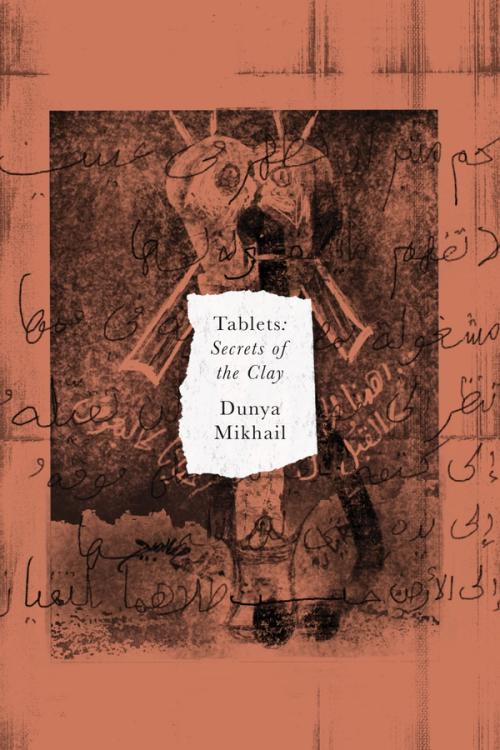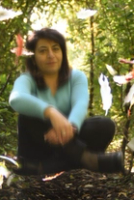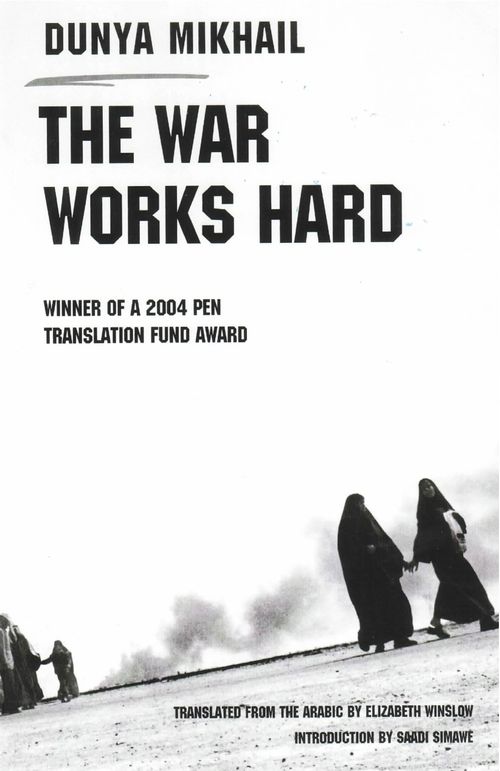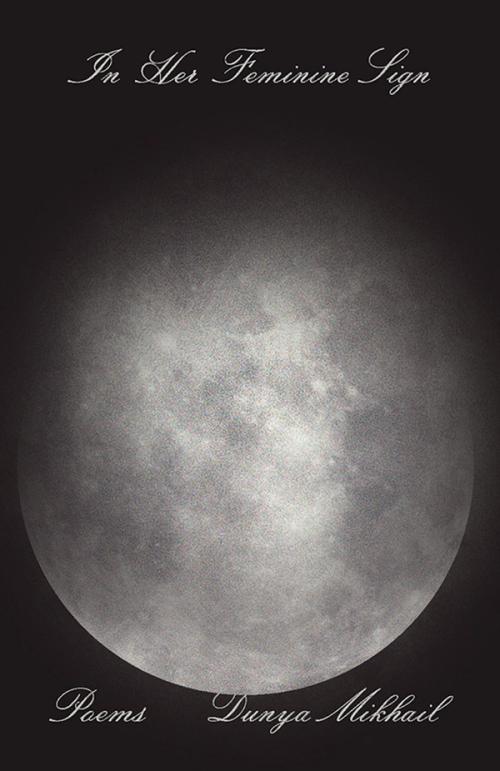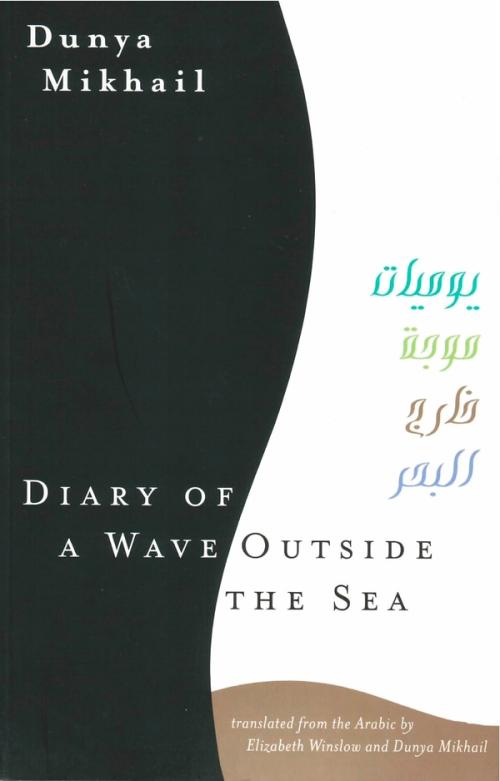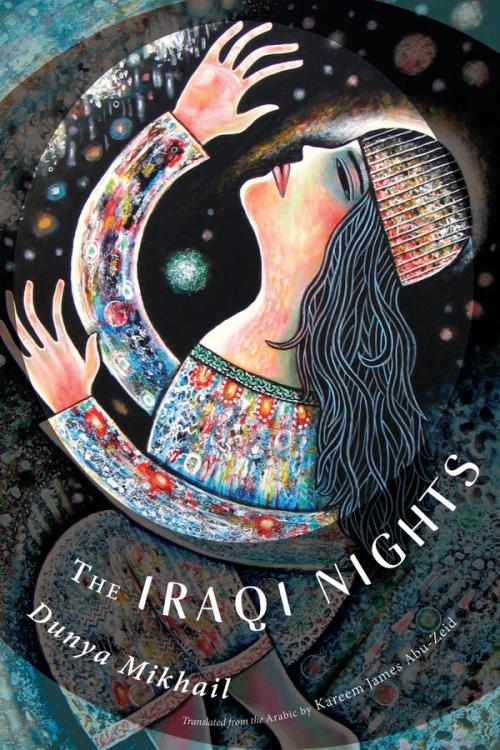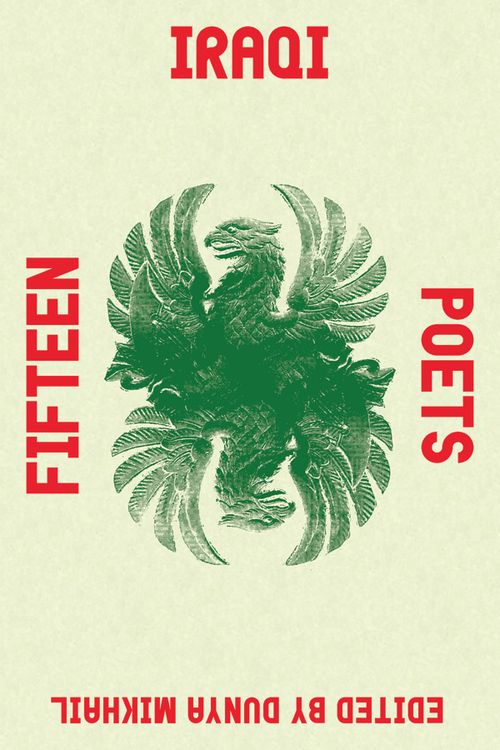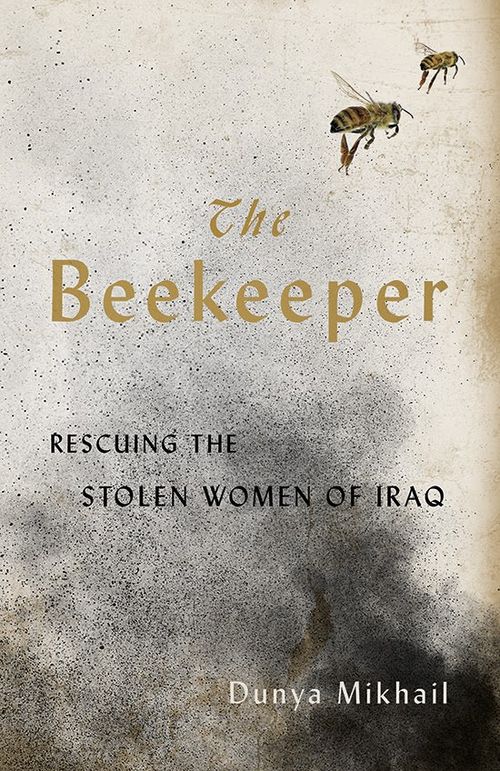Tablets: Secrets of the Clay
Poetry by Dunya Mikhail
“A bullet / then a siren / then ruins / then a bird song telling the truth”
—Dunya Mikhail
In her marvelous new poetry collection Tablets: Secrets of the Clay, Dunya Mikhail transforms the world’s first symbols—Sumerian glyphs that were carved into clay tablets—into the matter of our everyday contemporary life. Each of the ten sections in her book is composed of twenty-four short poems, and each poem combines both text and drawing. In her note to the collection, Mikhail writes, “I practiced at least two layers of translation in these tablets: the first from words in one language, Arabic, to another, English; and the second from words to images. What I received from my ancestors are offerings of the future rather than of the past. Now it’s my turn to offer them to you.”
Paperback(published Sep, 03 2024)
- ISBN
- 9780811237970
- Price US
- 16.95
- Trim Size
- 6x9
- Page Count
- 144
Ebook(published Sep, 03 2024)
- ISBN
- 9780811237987
